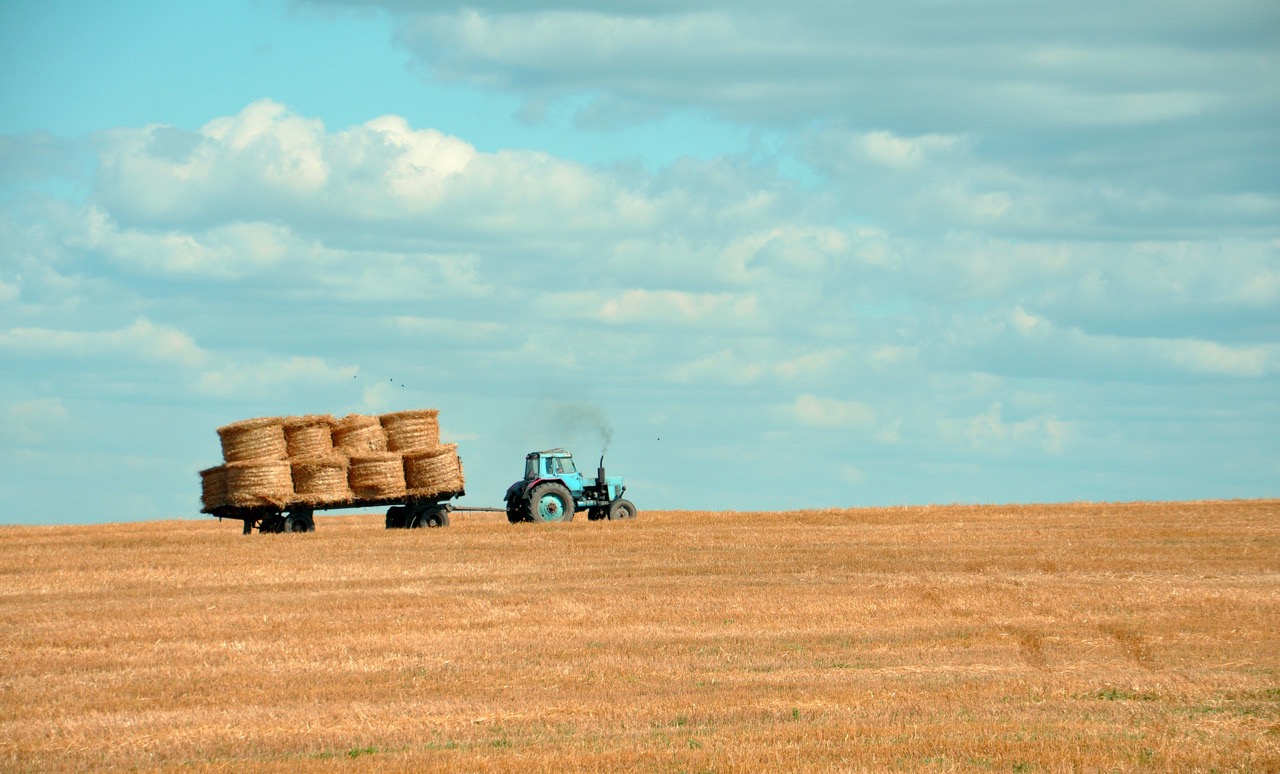Agriculture startups that raised seed rounds in recent years are blossoming into businesses sought after by later stage investors.
Investment in the ag-tech space is up sharply this year, driven by a spike of rounds at Series B and later stages, according to Crunchbase data. Altogether, North American ag-tech startups raised more than $320 million in 2017 so far, a more than three-fold increase over the same period last year.
There’s no single investment theme attracting VCs. Rather, funding recipients are applying robotics, big data, genetic engineering, and a host of other technologies to a range of agriculture use cases.
Take, for example, the three companies that harvested the largest rounds this year. They include Farmer’s Business Network, an online network where farmers share data and negotiate prices with suppliers, Calysta, a protein feedstock developer, and Inocucor, a fertilizer startup. (See our list of 2017 funding recipients here.)
Active venture investors in the ag space are also a diverse bunch. A host of smaller agriculture and environment focused funds, many relatively new, are putting capital to work. But so are big generalist funds. Crunchbase shows Google’s GV as having more ag-tech venture investments than anyone else.
“There’s a broader class of investors that’s gotten more comfortable with the space,” said Rob Leclerc, CEO of AgFunder, a marketplace for ag-tech startups. He attributes this, in part, to the emergence of more ag-focused seed and early stage investors over the past four years. These investors have helped build a pipeline of startups ready for larger venture rounds.
Agriculture entrepreneurs now have a choice of firms likely to receptive to their pitches. The list includes seed-stage investors like The Yield Lab and Better Food Ventures as well as firms focused on Series A and later rounds, such as Lewis and Clark Ventures and S2G Ventures. (See active ag-tech investor list here.)
LeClerc says the rise of “digital agtech” is also opening agriculture startups to a broader range of investors. Historically, it’s been more life science investors who’ve diversified into agriculture, applying investment expertise in genetics and biology to startups developing pesticides, fertilizers, feedstocks, and crop varieties. But companies like Farmer’s Business Network (FBN), which pitches itself as a big data player, are appealing more to tech and generalist VCs. FBN’s latest round, for $40 million, was led by GV and impact investor DBL Partners.
Startups are also making progress in demonstrating potential for the scalability that later stage investors require. A recent case in point is Abundant Robotics, a developer of apple-picking robots that just raised $10 million in a GV-led round this month. While investors have always liked the idea of harvesting robots, in the past the technology was considered too costly, cumbersome, and error-prone to effectively compete with humans. Now, technological advancements in machine vision, processing, robotics and other areas, combined with an expected long-term decline in the availability of seasonal agricultural labor, make fruit-picking robots more marketable.
Growing Season, Not Harvest Time
While venture activity is perking up for ag-tech, LeClerc cautions that most startups are still a long way from returning capital to investors. Although there are a lot of Series A, B, and C rounds happening, we do not see many ag-tech exits. The last really big venture-backed acquisition was in 2013 when The Climate Corp., a provider of big data tools for agriculture, sold to Monsanto for $930 million. There’s been no deal approaching that magnitude since.
LeClerc is optimistic exits will pick up once the current pipeline of venture-backed companies matures and the largest agriculture industry players refine their M&A strategies. In the past year-and-half, there’s been a wave of planned consolidation in Big Agriculture, with pending mergers between Dow and DuPont as well as Bayer and Monsanto. These companies will likely need time to close and digest these mega-acquisitions before looking seriously at buying startups.
As for IPO candidates, the ag-tech sector has produced some valuable companies, but it’s not clear any startups are ready to tap public markets yet. Further in the horizon, however, LeClerc can envision some of the current venture-backed crop going public—particularly FBN, which has a reported private valuation around $400 million. Farmers Edge, a provider of software for crop management that has raised over $100 million to date, could also make a good IPO candidate, he says.
All told, according to LeClerc, it’ll probably be at least eighteen months to two years before today’s hot ag-tech startups are likely to deliver big returns from either M&A or IPOs. But ag-tech investors and entrepreneurs, much like farmers, are proving to be a patient bunch.

Stay up to date with recent funding rounds, acquisitions, and more with the Crunchbase Daily.







![Illustration of pandemic pet pampering. [Dom Guzman]](https://news.crunchbase.com/wp-content/uploads/2021/03/Pets-2-300x168.jpg)


67.1K Followers